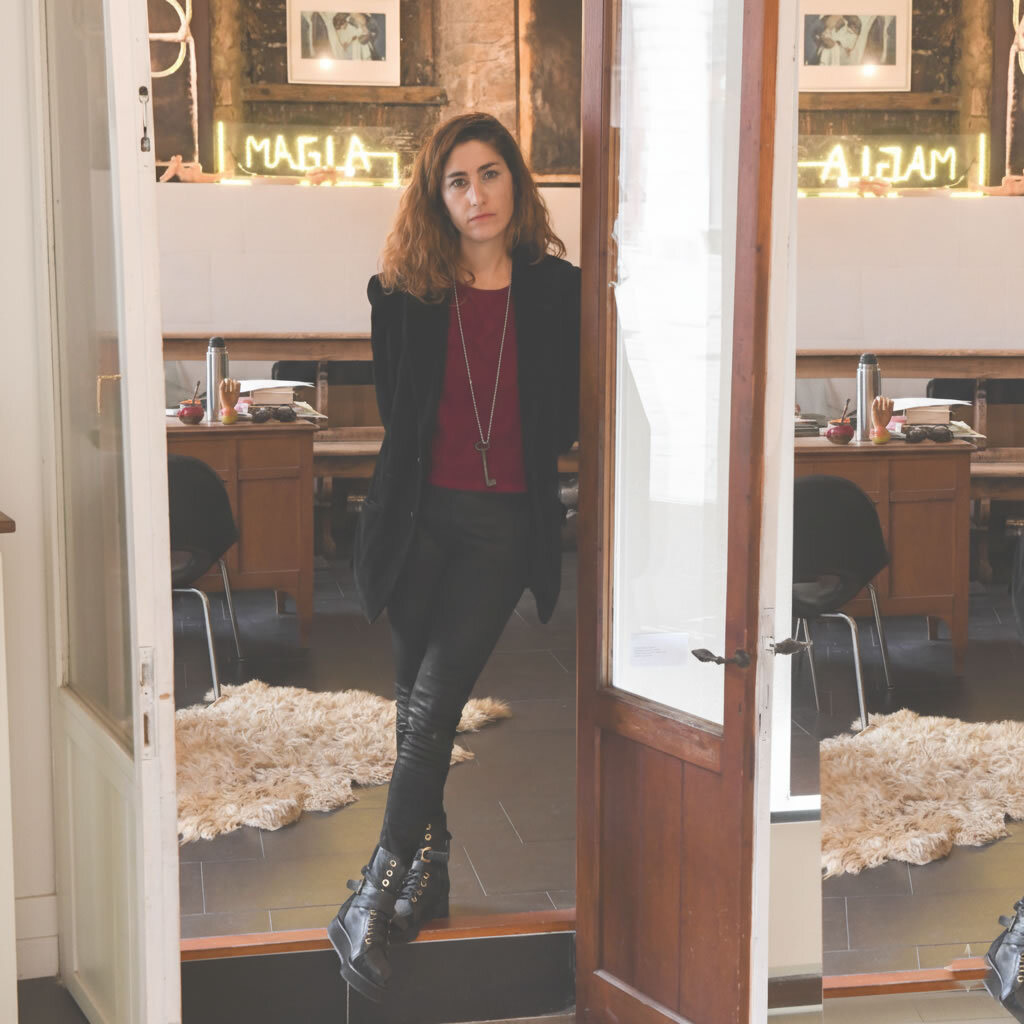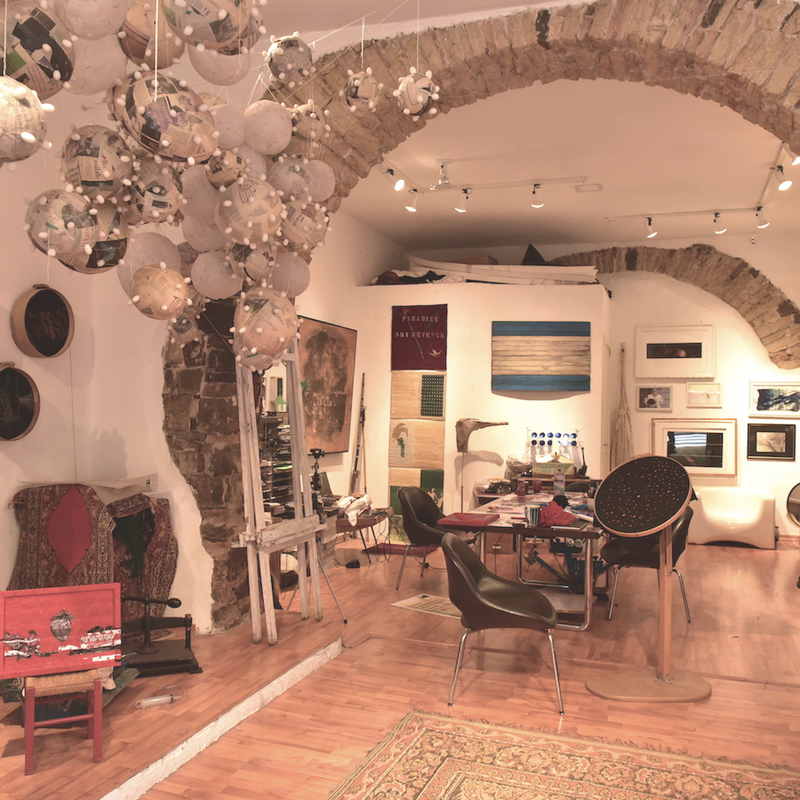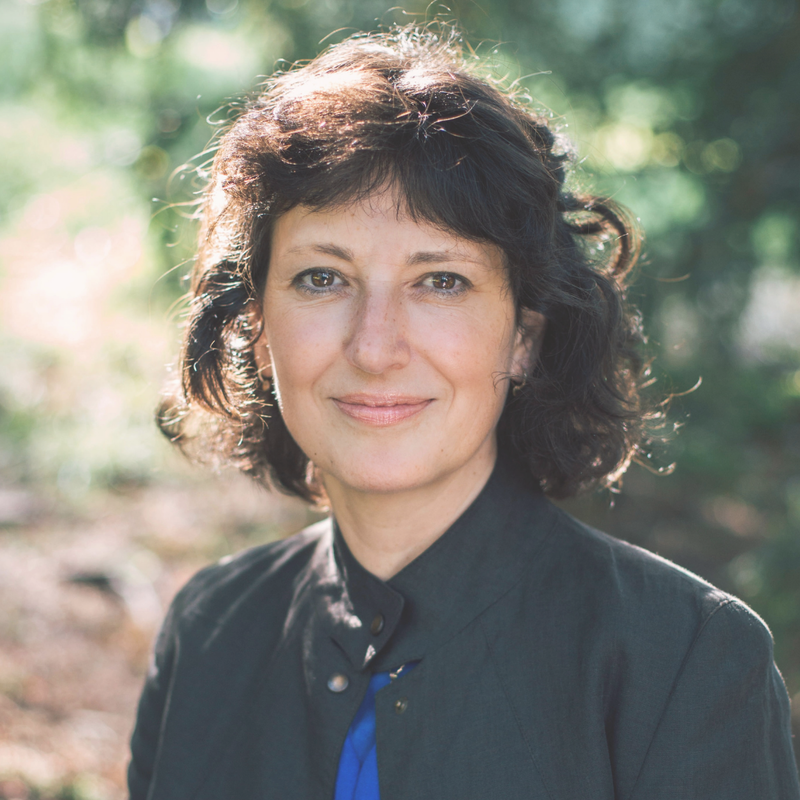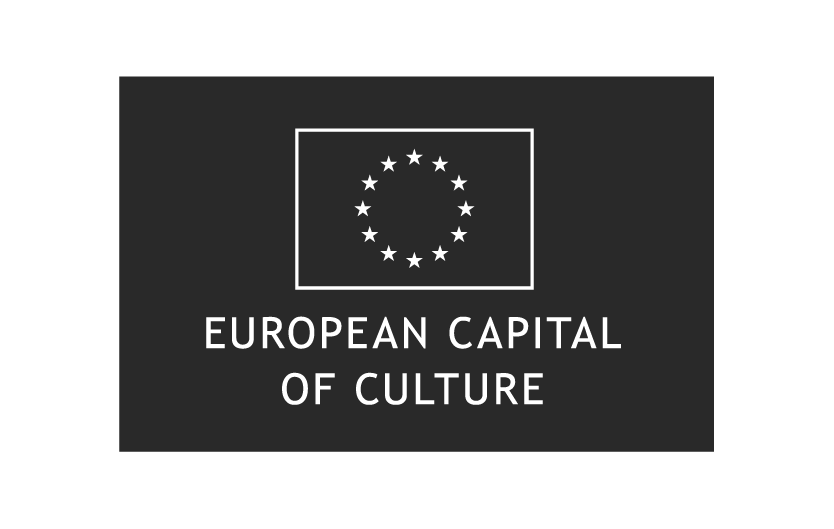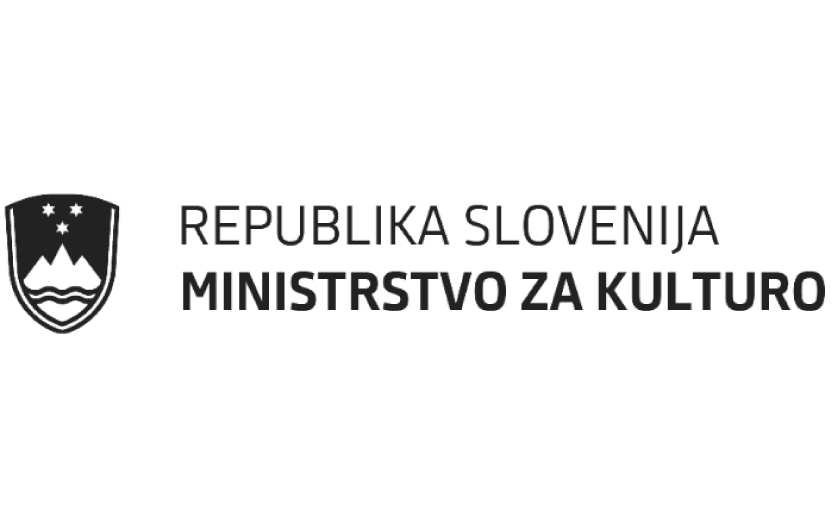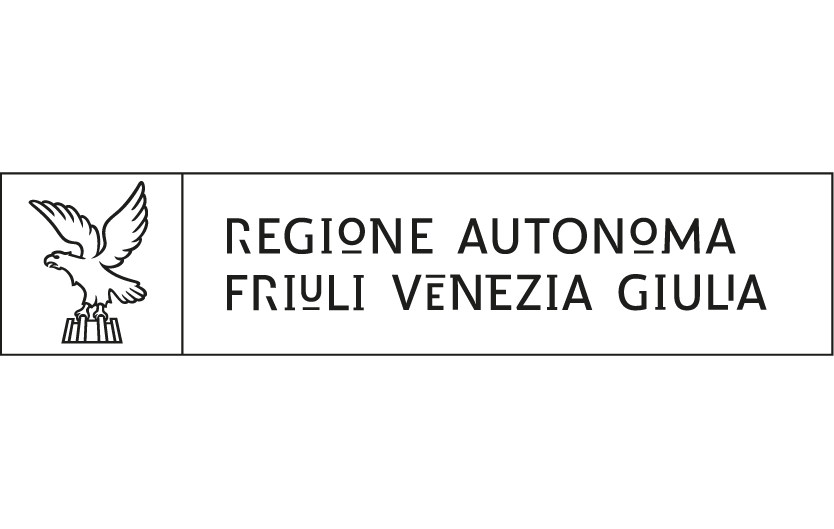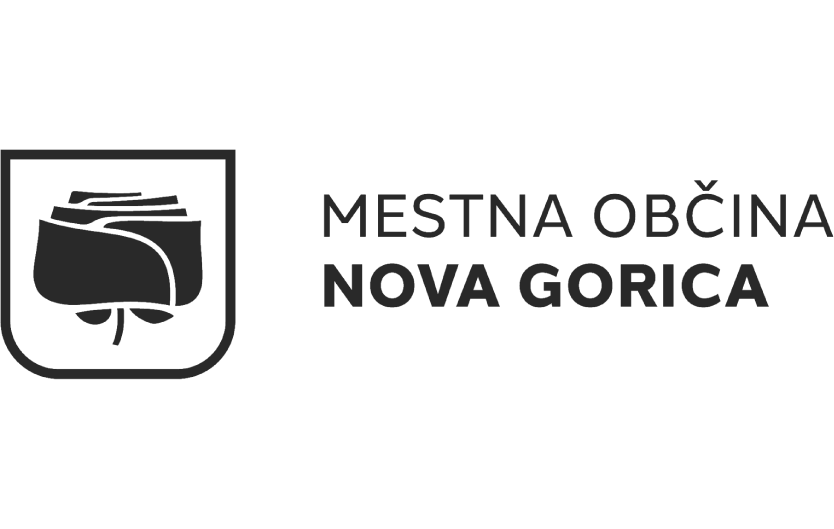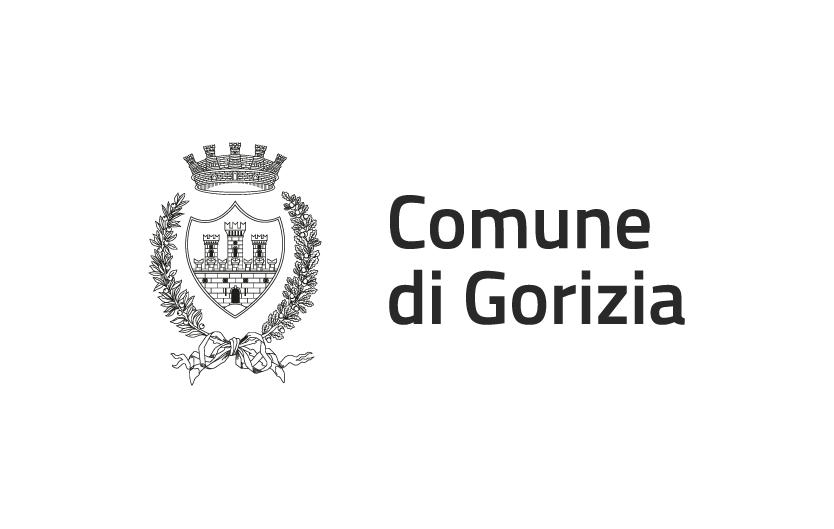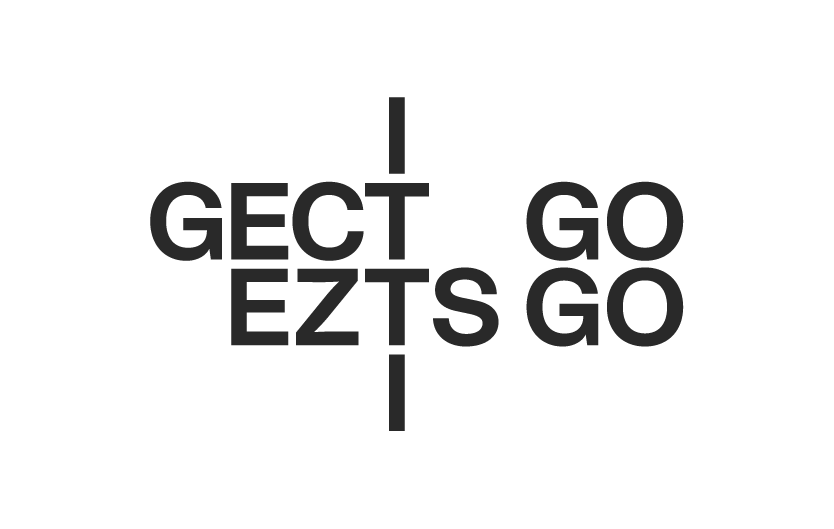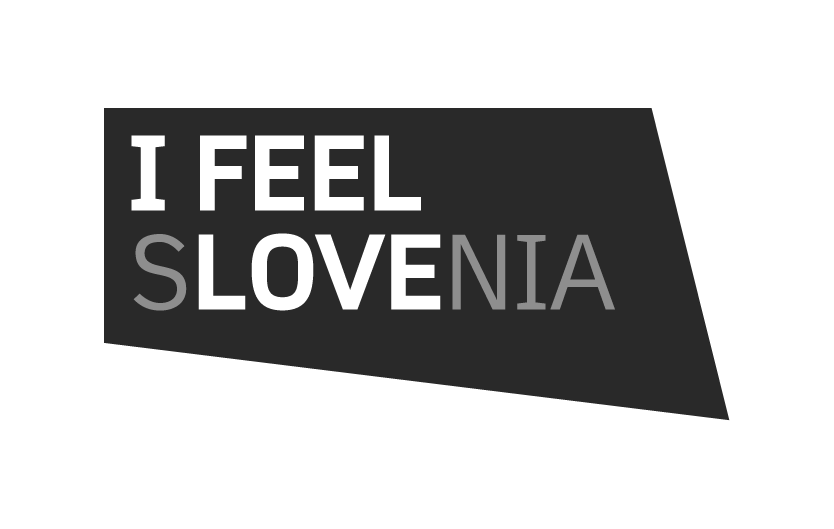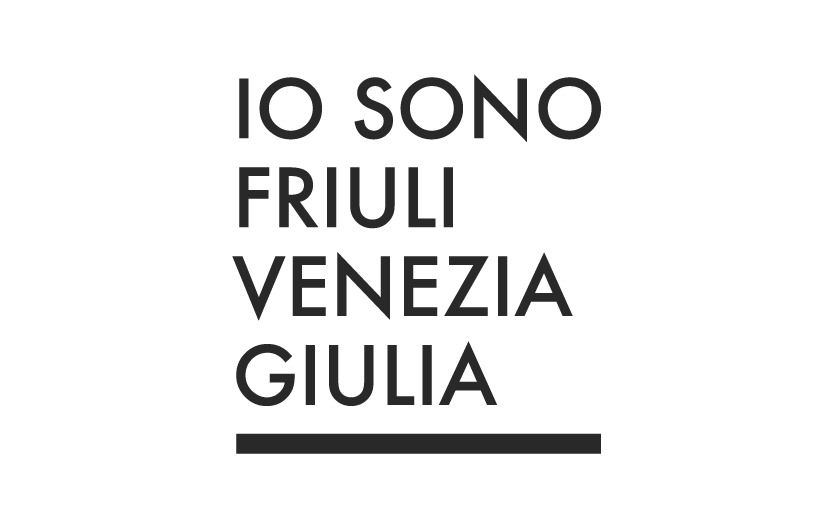Through a body of work that unites the precision of writing with the physicality of artistic gesture, Maria Sanchez Puyade constructs a poetics in which the boundary between art and life dissolves.
Each work becomes an act of presence, a way of “making world” through the word.
This is her ethics. This is her aesthetics.
Born in 1975 in Mar del Plata (Argentina). At the age of 14, she went to live in a boarding school near Buenos Aires.
She graduated in Literature and Law from the University of Buenos Aires, and in 2003 moved to Italy, first to Ferrara and then to Trieste.
The word, understood as a graphic sign and as deep language—in the Chomskyan sense—represents the starting point of all her works. However, for Maria Sanchez Puyade, the word is never confined to its semantic value: it is constantly brought to light through multiple artistic languages—installations, video, performance, visual poetry, photography—each chosen according to what needs to be expressed.
The artist explores the tension between writing and gesture, between idea and body, between saying and doing, investigating the inseparable relationship between word and action, poetry and politics, art and life.
Her research is situated in a border space where the conceptual dimension meets expressive urgency. In her works, language decomposes, shatters, and recomposes itself into new visual forms; it becomes living matter, capable of generating thought and movement.
The artist often uses fragments of texts, verses, or statements, transposed into signs, lines, visual textures, or performative gestures, thus opening a space for reflection on the responsibility of language and its capacity to affect reality.
In Maria Sanchez Puyade’s practice, analytical intelligence and poetic sensibility coexist, as do political commitment and aesthetic research. The artist moves between conceptual rigor and emotional intensity, building a personal language in which the word becomes a tool of freedom, memory, and resistance.
Her path—geographical, linguistic, and inner—rooted in the experience of migration, reflects a constant search for identity and belonging. Her work is crossed by questions about how to inhabits a language, a body, a place; about how communication can transform into a creative and political act.
